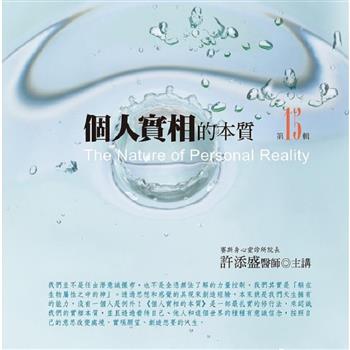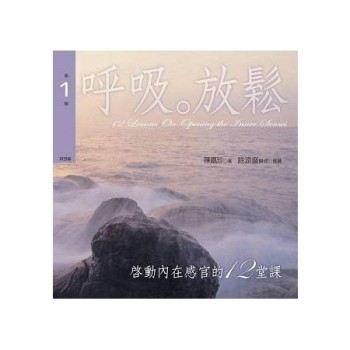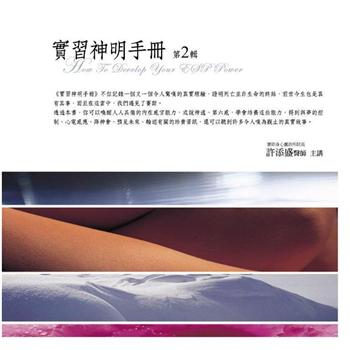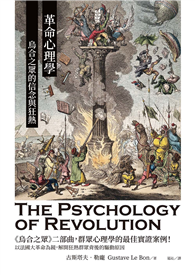Based on interviews and conversations in the Bosnian Federation with women survivors of war rape, children born of armed conflict, leaders of NGOs who work with survivors, and people who lived through the war and who experienced it in different ways, this book challenges one-dimensional representations of the Yugoslav war and subsequent peacebuilding processes. Relying on feminist ethnography and autoethnography, this volume offers systematic engagement with the politics of representation of Bosnia and survivors of war in post-war journalism and scholarship.
Through rich and varied individual experiences of wartime violence and recovery that go beyond simple "us" vs "them" narratives of ethnic identity and intolerance, the book shows how public and private, individual and collective discourses actively shape one another and contribute to complex forms of engagement in recovery, healing, and rebuilding. The author draws upon archival material to undermine the fetishization of ethnicity as a determining category that often underpins journalistic and scholarly accounts of post-war Bosnia. By retracing and repairing separations between individual and collective remembrance, and by complicating linear and monolithic conception of this process, the narratives in the book actively contest reductionist and instrumentalist accounts of the civil war in Bosnia.
The book will appeal to scholars across the social sciences with interest in memory, peacebuilding, national identity, gendered violence, and processes of reconciliation.











